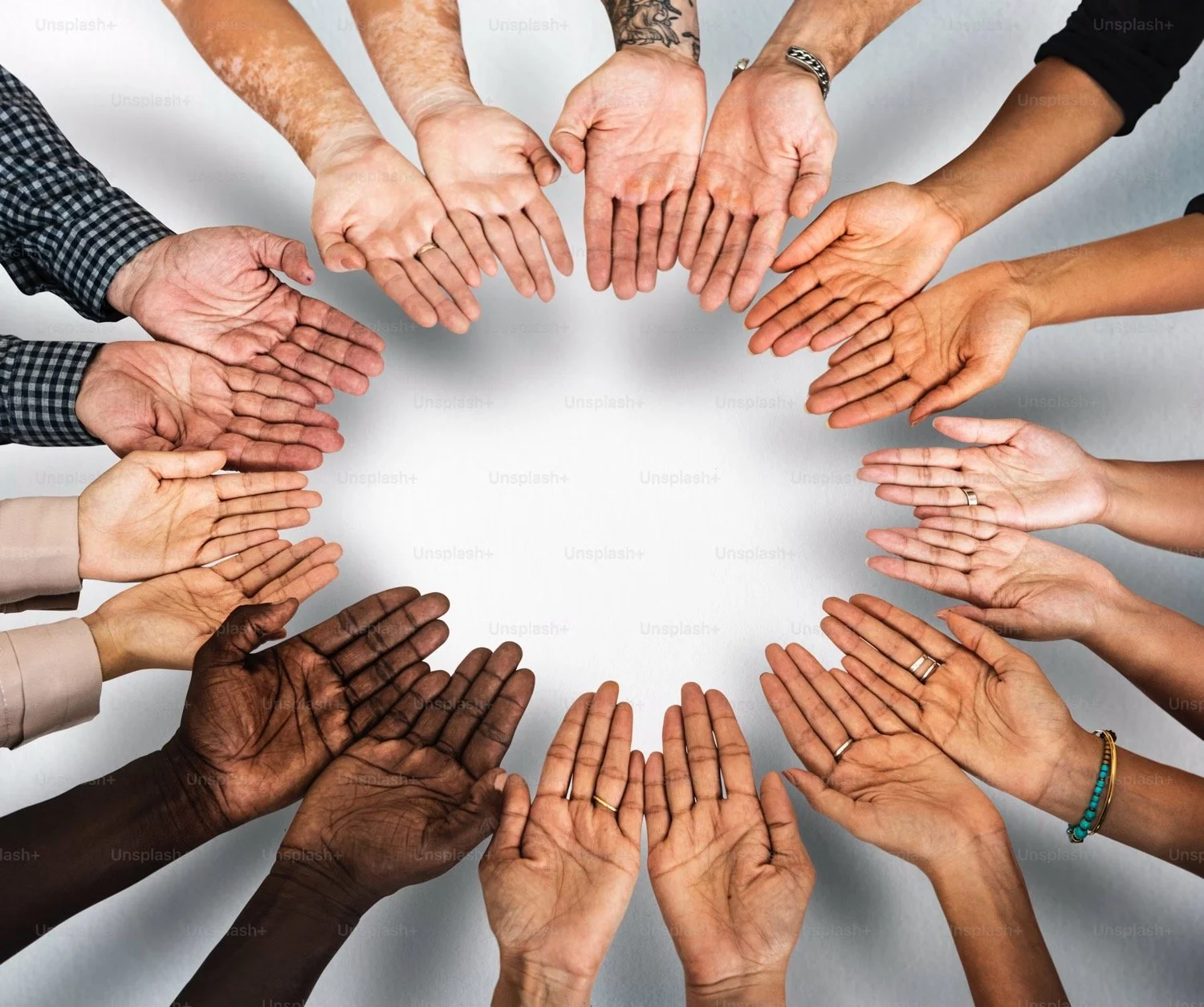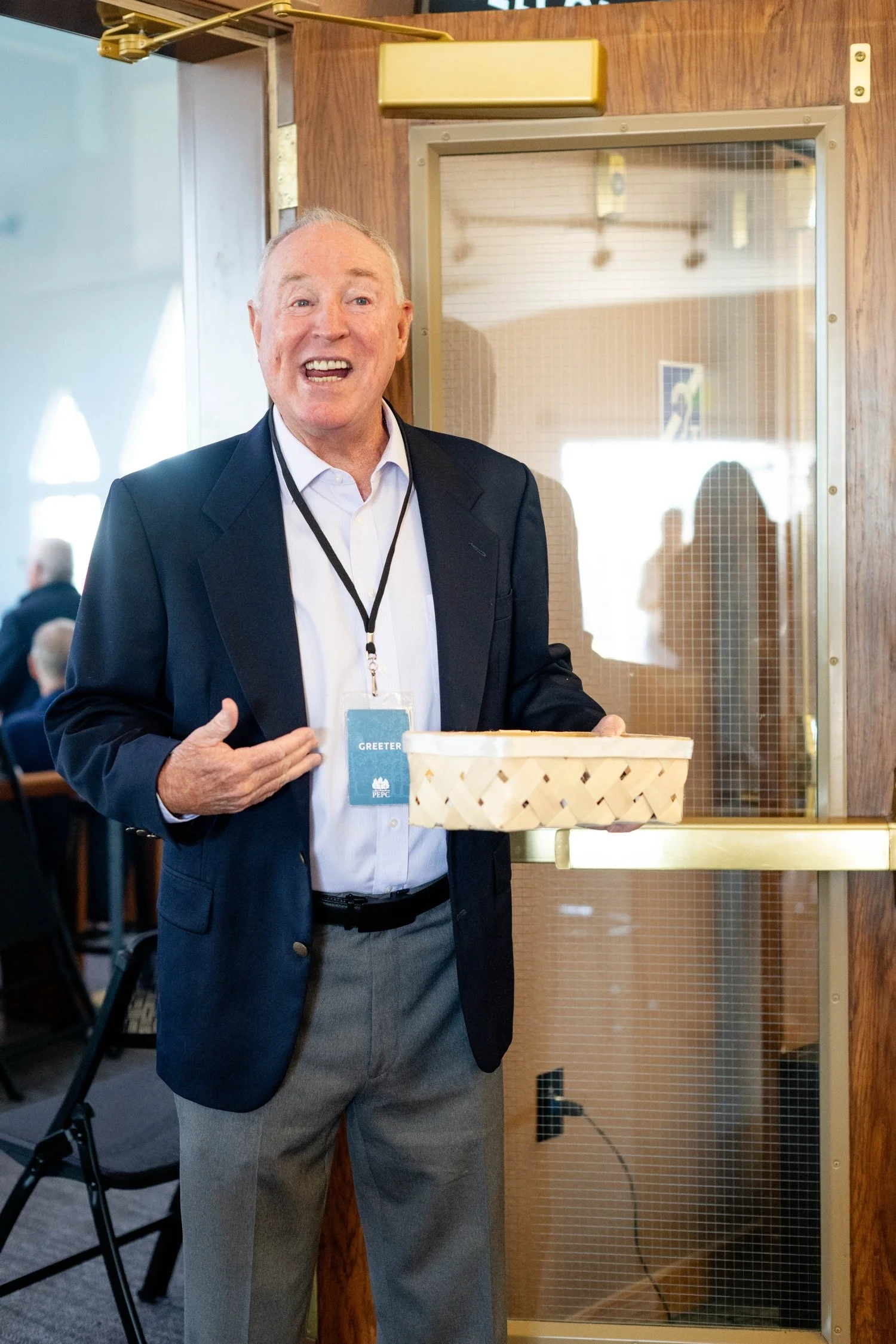Readings for today: 1 Samuel 21-24, Psalms 91
What a beautiful Psalm! So on point for the crisis we find ourselves in. Written by a man who was no stranger to hardship and struggle. A man who suffered for years in the wilderness as he was unjustly pursued by his enemies. A man who knew pain. A man who knew poverty. A man who knew fear and anxiety. But a man who looked to God in faith for deliverance and rescue. David was truly a man after God’s own heart. He looked to God for His provision and protection. He refused to take matters into his own hands but constantly sought the Lord’s will for his life. Even as he fled from hideout to hideout. Taking refuge in caves and forests. In desert places and barren lands. He was seeking shelter in the shadow of the Most High, trusting God to keep his life every step of the way.
What about us? We are living in dark times. For the first time in history, the entire world has been shut down. The viral pandemic continues to spread and it hasn’t even penetrated some of the most vulnerable places. It is dangerous. It is infectious. It represents on some level a perfect storm. By now, most of us probably know someone who’s been infected. We may even know someone who’s succumbed to the disease. We all know healthcare professionals who are working long hours to fight the battle. We all know first responders who are engaged on the front lines. Some of us work in essential sectors of society like defense, childcare, grocery stores, and gasoline stations. Some of us have been furloughed or laid off as our businesses closed. The economy has taken a massive hit. And what started out for many as an “extended spring break” has now settled into the long, hard reality that life is not going back to normal anytime soon. Calls to mental health hotlines have dramatically increased. Social distancing has given way to social isolation as human beings - social creatures by nature - struggle to adapt to this new world. The stress and pressure has increased and we are not responding well. When they tried to close down liquor stores and pot dispensaries in my state, people almost rioted. These drugs are “essential” in helping us numb our pain. But the pain isn’t just personal. It’s societal as well. This crisis has exposed the cracks in our foundation as a nation. As the virus disproportionately impacts communities of color, historic injustices are exacerbated. As the virus disproportionately impacts the poor and most vulnerable, the gaps in income equality and our social safety nets are revealed. And perhaps most tragically, this viral pandemic has unmasked the corruption and narcissism of many of our political leaders on both sides of the aisle.
So where can we turn for hope? When all seems lost? When it seems like our resources are simply not enough to meet the challenge of this particular moment? When it seems our leadership is not trustworthy enough to depend on in this cultural moment? When it seems like so much information coming from the media these days is carefully filtered to support an already pre-determined narrative? We turn to God. We turn to the one constant in our lives. The One who is the same yesterday, today, and forever. The One who never changes. The One who is always faithful. Listen to these words again, dear friends…
“He who dwells in the shelter of the Most High will abide in the shadow of the Almighty. I will say to the Lord, "My refuge and my fortress, my God, in whom I trust." For he will deliver you from the snare of the fowler and from the deadly pestilence. He will cover you with his pinions, and under his wings you will find refuge; his faithfulness is a shield and buckler. You will not fear the terror of the night, nor the arrow that flies by day, nor the pestilence that stalks in darkness, nor the destruction that wastes at noonday. A thousand may fall at your side, ten thousand at your right hand, but it will not come near you. You will only look with your eyes and see the recompense of the wicked. Because you have made the Lord your dwelling place— the Most High, who is my refuge— no evil shall be allowed to befall you, no plague come near your tent. For he will command his angels concerning you to guard you in all your ways. On their hands they will bear you up, lest you strike your foot against a stone. You will tread on the lion and the adder; the young lion and the serpent you will trample underfoot. "Because he holds fast to me in love, I will deliver him; I will protect him, because he knows my name. When he calls to me, I will answer him; I will be with him in trouble; I will rescue him and honor him. With long life I will satisfy him and show him my salvation." (Psalm 91)
God alone is strong enough to lean on during this pandemic. God alone can be trusted to tell us the truth about what is really taking place. God alone has the power to deliver us from plague and sickness and even death. God alone can give us what we so desperately need. Eternal life. A life that transcends the brokenness and chaos and crisis of this world. A life that is safe and secure because it is sheltered by the Almighty Himself. Make God your dwelling place, friends! Make God your refuge! He will command His angels concerning you! Does this mean we will never suffer? Never experience pain? Never have to go through hardship? Of course not. God has never promised such things! What it means is that even in the midst of the fallenness of this ruined world, God is with us. He will never leave us or forsake us. And He is at work even now preparing a place for us in His eternal home.




